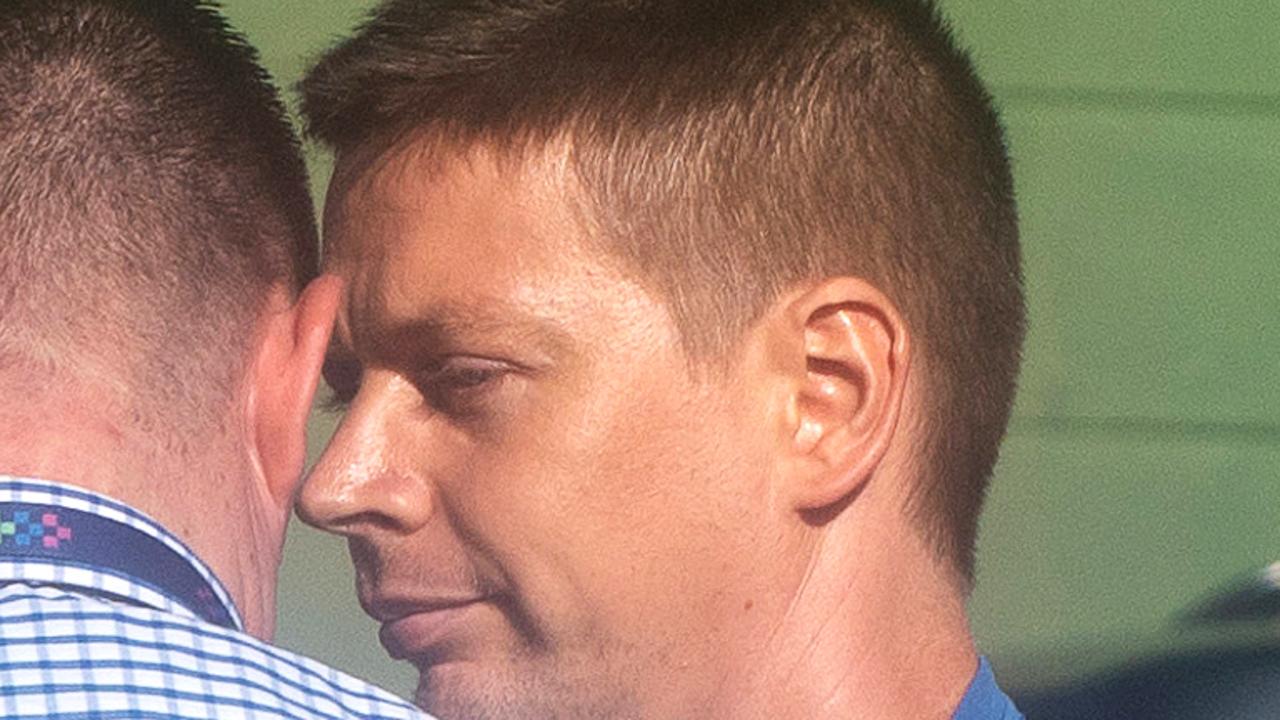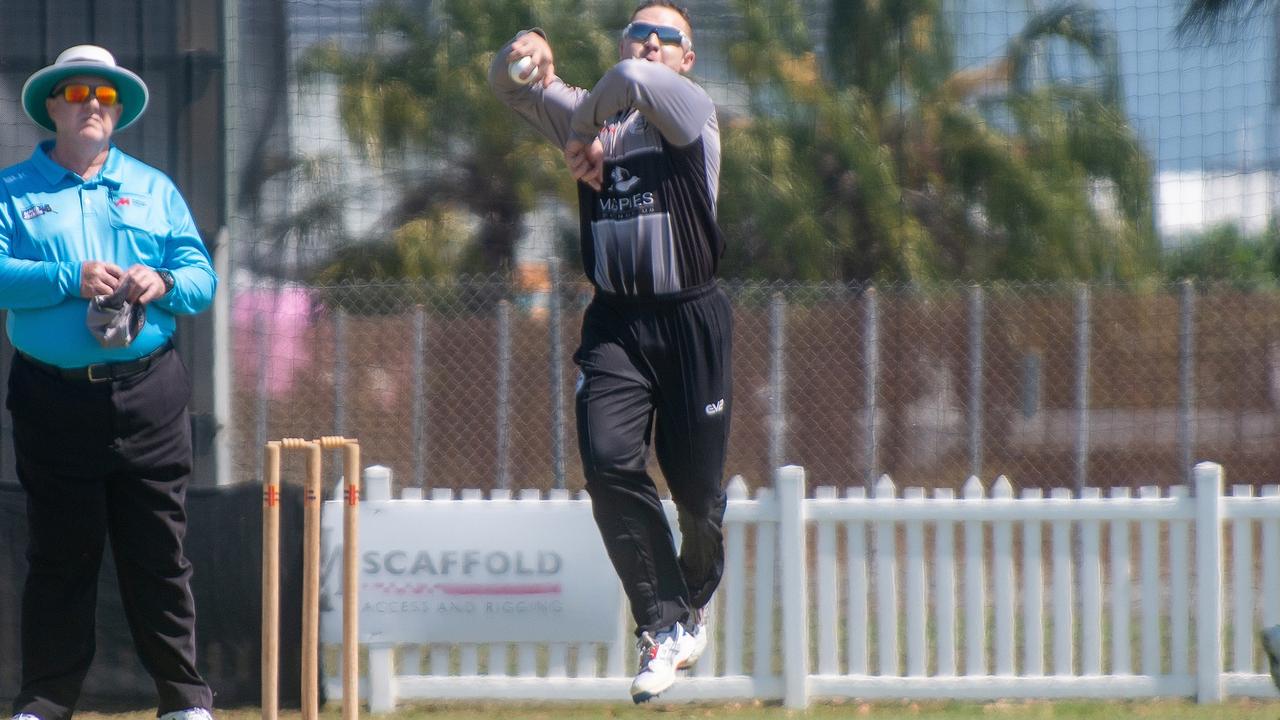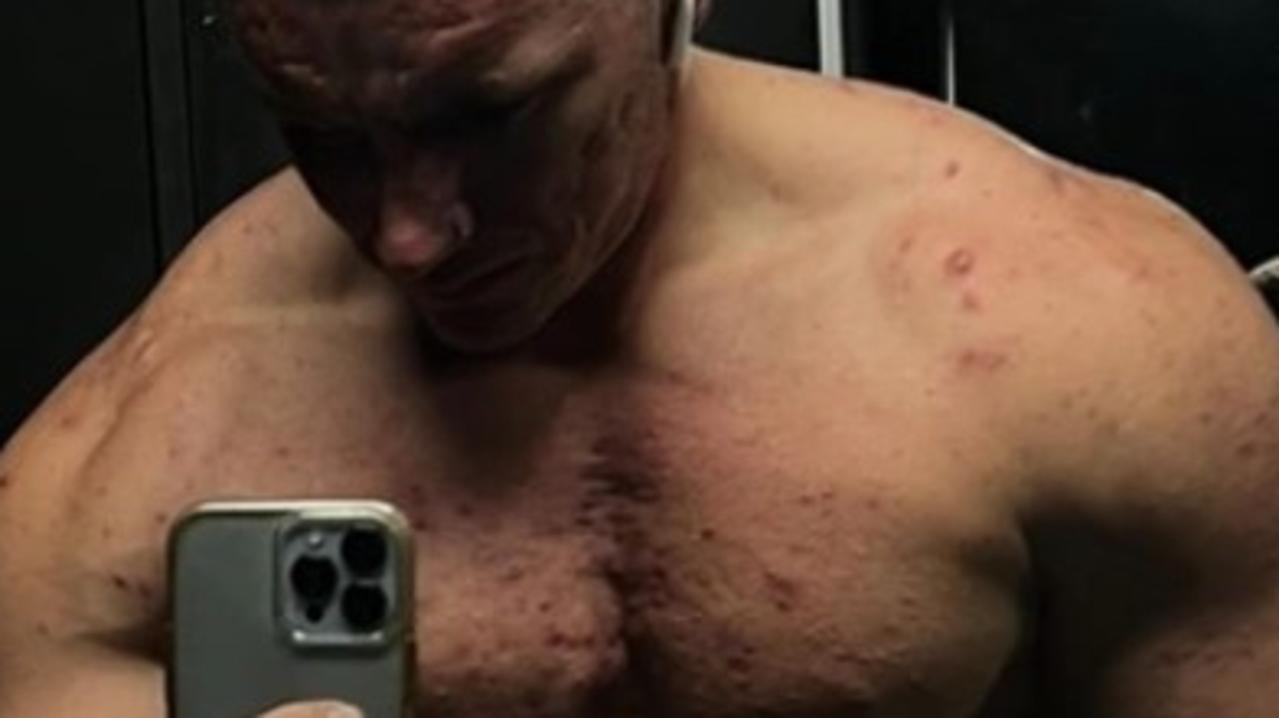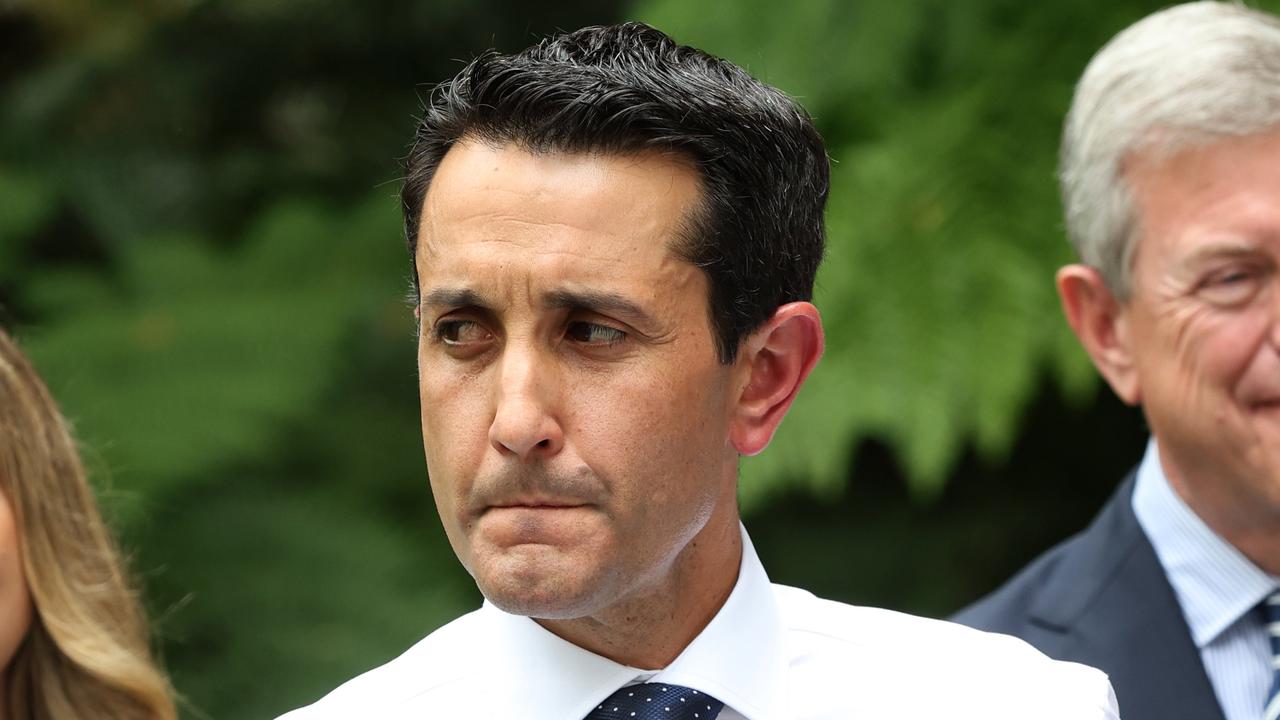OPINION: Schwarto says disunity still equals death
As federal leadership battle continues ex-Rocky MP shares insights
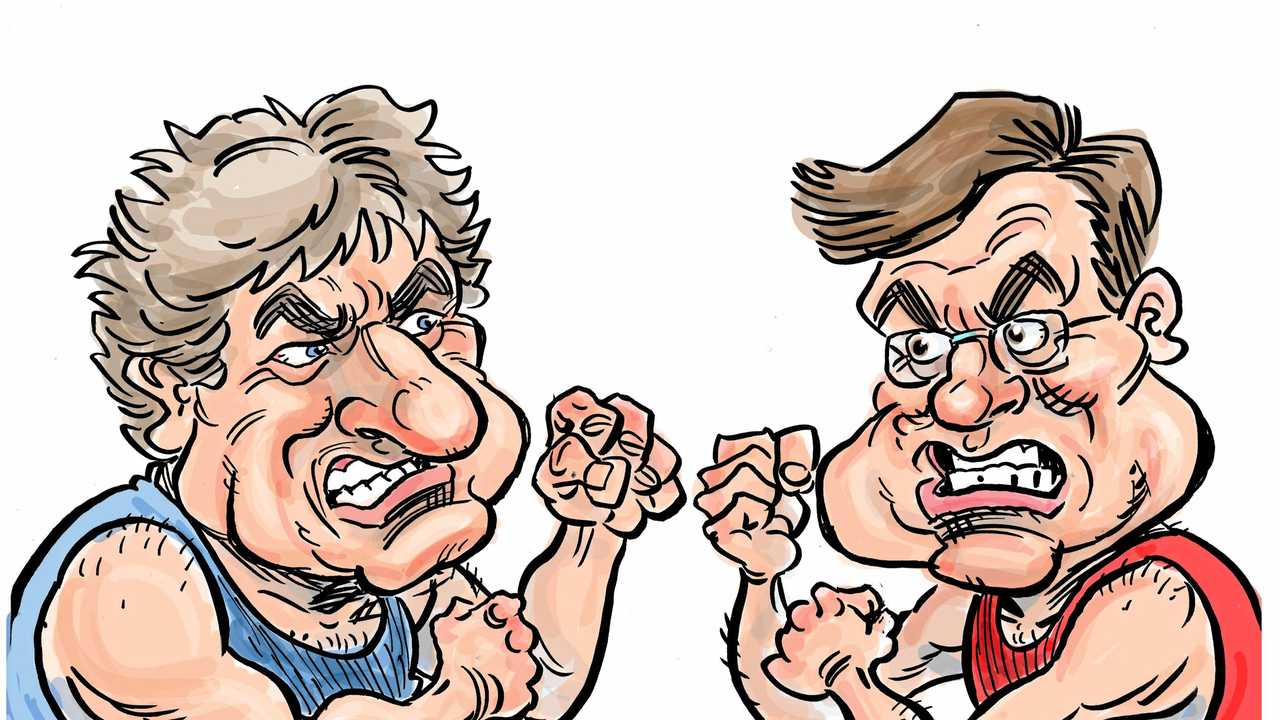
Mackay
Don't miss out on the headlines from Mackay. Followed categories will be added to My News.
STUDENTS of political history know that not only does it repeat itself, but the basic rule of disunity equals death remains a constant.
British political history - where practitioners such as Winston Churchill changed parties and had many tilts at high office before winning, losing and winning again - is littered with examples.
Anyone familiar with Australian politics between the two world wars will know that what we are seeing in Canberra today also happened back then.
Labor prime minister Billy Hughes could not get his own way over conscription in World War I so split the party, set up his own and became PM again.
This kept Labor out of office until James Scullin won in 1929, almost on the day the Great Depression started.
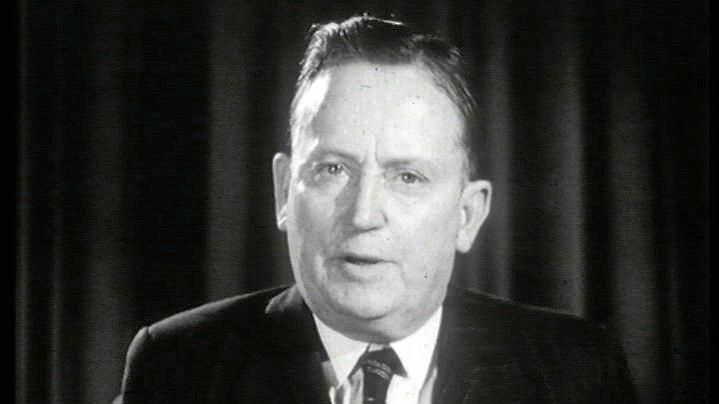
Ironically he defeated Prime Minister Stanley Melbourne Bruce, who also lost his seat after trying to ruin the arbitration system. Think John Howard, who was in part ousted from his seat over WorkChoices.
Scullin appointee former Queensland premier Ted Theodore as treasurer, but he was forced to stand down as the conservative Queensland government hauled him before a Royal Commission into his financial dealings with a copper mine in North Queensland.
His treasurer replacement, Joseph Lyons, then ratted when Theodore returned to the position after being exonerated. The Labor Party split again as the left wing, led mostly by NSW premier Jack Lang, proposed to renege on repaying the national debt to the British banks.
In turmoil, Labor was brought back together only when John Curtin beat member for Capricornia Frank Forde by one vote and became leader of the opposition. Curtin reunited Labor just as Bill Shorten has after the disunity of the Rudd/Gillard years.
Lyons dropped dead on Good Friday, 1939. Bob Menzies narrowly won the leadership despite a push back from the Bruce faction. He had a Country Party deputy, Artie Fadden, a Queenslander.
War was declared and Menzies set off for months to visit London. Meanwhile his detractors within the government continued to undermine him.
Finally he lost the confidence of parliament as two independents crossed the floor and gave government to Curtin and Labor. Curtin went on to win the next election and gained esteem as a great leader.
He too died in office and was replaced by Ben Chifley, another iconic Labor leader.
In the meantime Menzies, with the help of Keith Murdoch (Rupert's father), busied himself building the Liberal Party, which is today riven with debate over whether it is a conservative, right-wing or centrist party.
Menzies went on to defeat Chifley and every Labor leader until he retired. Harold Holt replaced him but drowned in his second term. John Gorton then tried to move the party to more Liberal ground but was undermined by Bill McMahon, who took over when Gorton faced a party room ballot and used his casting vote to remove himself.
Gough Whitlam brought Labor back from a 30-year wilderness in 1972. The rest is modern history.
There can be no doubt the odds of Malcolm Turnbull surviving as PM are slim. Either his own will get him or the electorate will. The LNP is extinct in Queensland. They are totally conflicted, with some sitting in the National Party room in Canberra and others in the Liberal camp. They are being hollowed out in the bush by the Katters and One Nation.
Nationally they are under siege by the belligerent and revenge-driven Abbott group.
The recent by-elections - where the Liberal vote plummeted around the country despite the fact the polls were caused by failure of sitting members to own their own heritage - point to the future.
Ironically the party that Menzies, Hughes and Lyons once led was the United Australia Party - the title rights to which Clive Palmer has bought. In the old days, parties were formed not bought - as we now see with both One Nation and the UAP.
Apart from that, nothing else changes. There's always been independents, minor parties and self-obsessed people who think they are smarter and bigger than the party or people who put them there.
Originally published as OPINION: Schwarto says disunity still equals death

